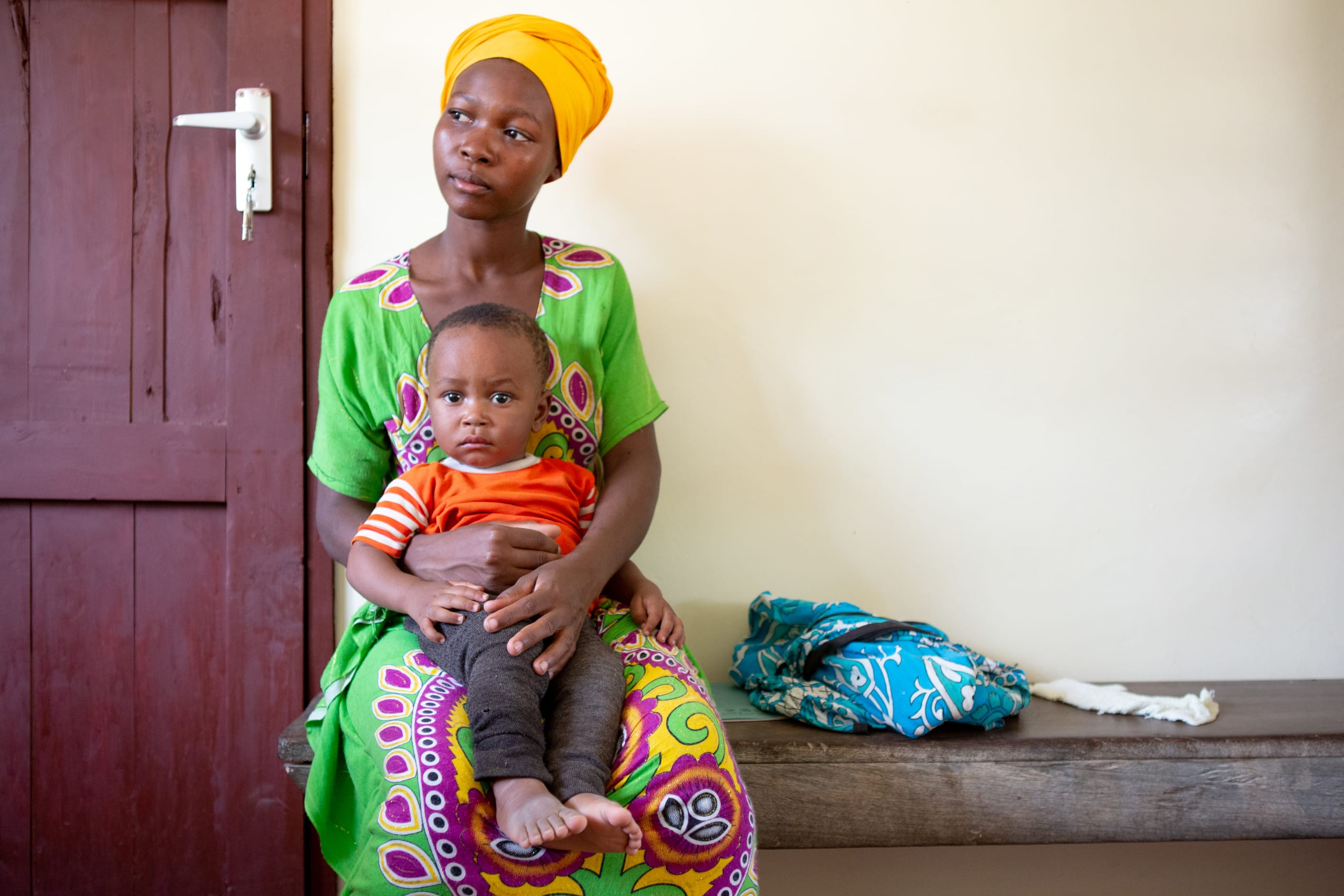PAI Provides Outside Witness Testimony for the U.S. Senate Committee on Appropriations

Globally, civil society plays an important role in ensuring that country governments mobilize resources to meet the urgent need of sustained national ownership of family planning (FP). In many low- and middle-income countries, there is insufficient domestic investment for these health services and supplies, especially in comparison to donor funding. Lack of government ownership is evident when domestic FP allocations are minimal compared to the total funding needed to deliver quality programs and care. While governments in sub-Saharan Africa have committed to generating domestic resources for sustainable FP financing through national strategies as well as initiatives such as the Ouagadougou Partnership and Family Planning 2030 (FP2030), it has fallen to civil society to carry the accountability burden to ensure governments allocate, disburse and spend funds through the budget process.
As part of our Government Accountability for Family Planning Budgets project, PAI supports civil society advocates in Benin, Burkina Faso, Côte d’Ivoire, Malawi, Tanzania, Uganda and Zambia to ensure governments meet their commitments to fund FP supplies and services by spending FP allocations and improving the transparency of FP budget data. Partners across these seven countries are implementing the Common Framework for Tracking Government Spending on Family Planning*, an accountability approach developed by civil society advocates and PAI. This approach and its tools measure, on an annual basis, the performances of governments investing in FP supplies and services. Comprised of a standard set of indicators that can be used across country contexts, the Common Framework follows the planning and budgeting cycle — from funding need to allocation, disbursement, expenditure and outcome.
Despite the challenging circumstances of 2020, PAI’s Government Accountability partners succeeded in tracking FP budget data and advocating for domestic investment in FP programs and contraceptives. Together, PAI and its partners produced a new round of FP budget scorecards, featuring government performance in Benin, Burkina Faso and Côte d’Ivoire for the first time. Each scorecard provides a snapshot of the government’s performance over one fiscal year in meeting its financial commitments to FP and assesses the transparency of the budget data required to track those commitments. There is now comparative data across and within the two regions of the project — Francophone West Africa and East and Southern Africa.
Five key findings emerged from this new set of scorecards, which feature FP budget data trends over a three-year period:
The lack of transparent budget data is evident in the scorecards’ many data gaps, which continues to be a major challenge for PAI’s partners implementing the Common Framework. These gaps make it impossible to get a full picture of FP budgets in each of the seven countries, which hinders civil society’s ability to hold governments accountable. Primarily, these gaps are caused by the lack of:
Civil society budget monitoring and accountability efforts are particularly important now, given the ongoing FP2030 commitment process, the release of new national FP costed implementation plans and the unfolding impact of aid cuts made by the U.K. Foreign, Commonwealth & Development Office (FCDO). Without a comprehensive budget tracking and accountability mechanism like the Common Framework, civil society would have difficulty holding governments accountable for their national and international commitments to provide FP supplies and services. Furthermore, given the FCDO cuts, governments will need to step up quickly to increase their investments in contraceptives — especially in countries that depend heavily on the United Nations Population Fund for contraceptives funding. If governments fail to meet their commitments — and in certain countries, to fill some of the gap left by the FCDO cuts — access to FP will decrease, disproportionately impacting women and girls in low-income and marginalized populations, given increased rates of unintended pregnancy and maternal and infant mortality.
In this context, the Government Accountability partners’ advocacy to increase domestic spending on FP in their countries — supported by the Common Framework and FP Budget Scorecards — is more critical than ever. Building on their past successes in increasing FP allocations, partners continue to advocate for further increases so that FP allocations make up a larger portion of funding needs. Given evidence of under-expenditure, they are also focused on holding government accountable for fully spending allocated funds. To accomplish this, partners are advocating for greater transparency of FP budget data, particularly on disbursements and expenditures. Several partners are engaging with government officials to ensure that FP allocations are disbursed from treasuries to ministries of health in a timely manner and in the correct amounts, to secure continuous availability of FP services and supplies. Some partners are advocating for the creation of contraceptives budget lines to allow for expenditure tracking and accountability. Others are working at the subnational level to ensure that districts allocate and spend their own funds on providing FP services.
For governments to make progress increasing their investments in FP supplies and services, multipronged approaches are required at all levels. To complement civil society’s local- and national-level advocacy, PAI and other international nongovernmental organizations in the sexual and reproductive health and rights space need to link civil society with donors and other regional and international decision-makers and engage directly with them on removing obstacles and creating incentives for governments to invest in FP.
* For more information, read “Third Annual Family Planning Expenditure Tracking Meeting: Transparency, Accountability and Domestic Resource Mobilization”.
We are fighting back against the onslaught of harmful policies that discard reproductive rights.
Stay informed about the issues impacting sexual and reproductive health and rights.
